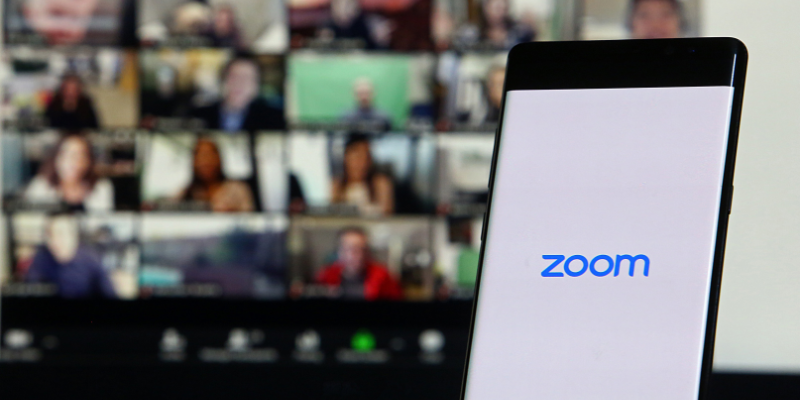Not boom.
Like almost every other lawyer I know, I have spent the past two months working from home and video conferencing with colleagues and clients.
It has its uses, of course it does, but if I never have to see my own pixel-face looking back at me through my computer screen again, I am good with that.
Virtual reality is a poor substitute for reality. It may be the perfect platform for gamers and mansplainers, but it is pretty rubbish at overcoming one of the major downsides to remote working – feeling remote.
I have been fascinated to learn how little my senses of sight and hearing help me actually see and hear when all my other senses are not in play.
I am a big proponent of people being allowed to work from home. This is driven, in part, by my innate hostility towards the curse of the modern open-plan office: devoid or starved of natural light, designed with very little consideration for individuals’ comforts, tastes or happiness and a source of major stress to many.
One of the few positives to come out of the global pandemic is that it has likely seen off ‘hot-desking’. Good riddance to those! And close the door on the way out – oh, there is no door.
Plus, homeworking gives people access to employment who might otherwise be denied it.
But it is not all sunshine and flowers. How does a nation of homeworkers stay connected? How will I get to know you properly and you me? Because video conferencing alone will never cut it.
The problem will require some creative effort and thinking by employers and employees alike, if it is to be solved. The tech industry will tell us that they have the solution. They don’t; it requires us to look beyond our computer screens.
